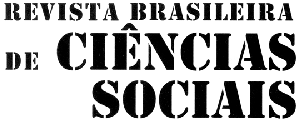This article intends to go beyond the use of individual and aggregate socioeconomic variables related to poverty, incorporating factors referred to the urban space dimension, which is considered today part of the sociological explanation of crime. The ecological analysis of criminal offenses seeks to understand the complex nature of violence in order to identify factors influencing behavior, increasing or decreasing the risk of perpetrating violence or being victimized by it in the same or similar socioeconomic conditions. Since several indicators are barely measurable, ethnographic research becomes indispensable, what implies the necessary replacement of some concepts, in order to include embodied social practices (ethos) allowing for an articulation between the objective and the subjective, the macro and the micro. Aiming at tracing the complex processes that promote and consolidate such social practices, the research employed the method of extended cases, what made possible to link the local to other spheres of social life in an historical approach involving a plurality of sources. The mapping out of the different dominions in the favelas (militias, factions of the drug trafficking, and other groups) allowed the identification of conflict areas concentrated in the proximity of major highways, ports and airports, what shows a geopolitical configuration of the armed conflicts along the drug trafficking territories. Such outcome is highlighted by the high rate of homicides reported in official databases and in the perceptions of victimization revealed by surveys.
Turf war; Drug trafficking; Crime distribution; Favela; Local; Violence


